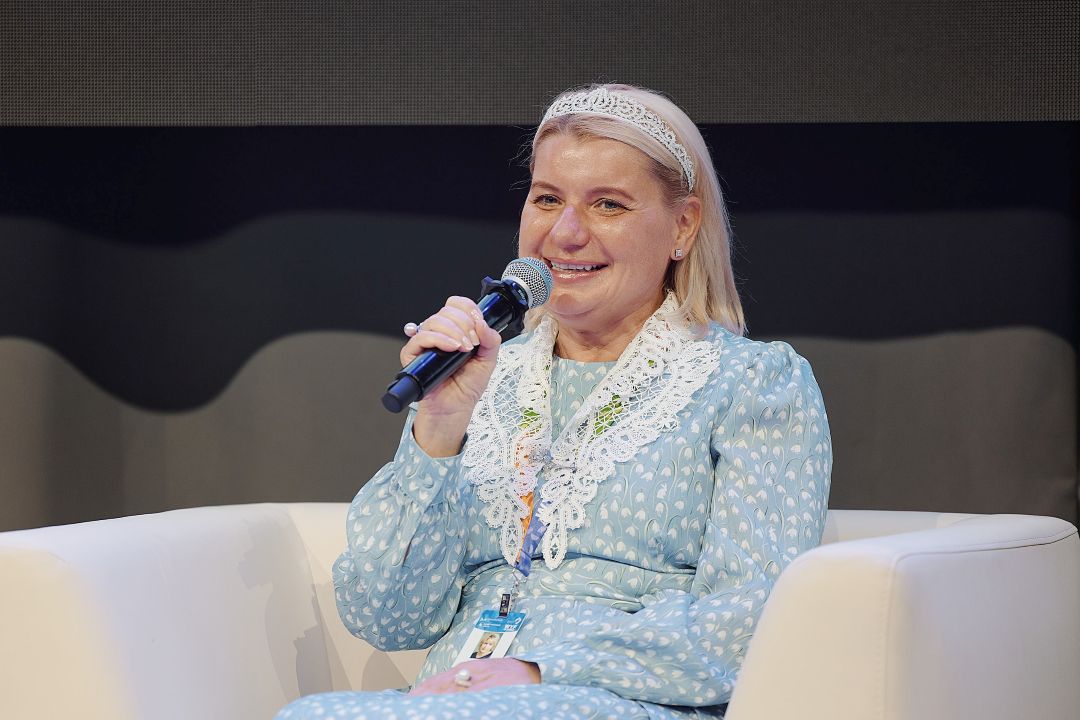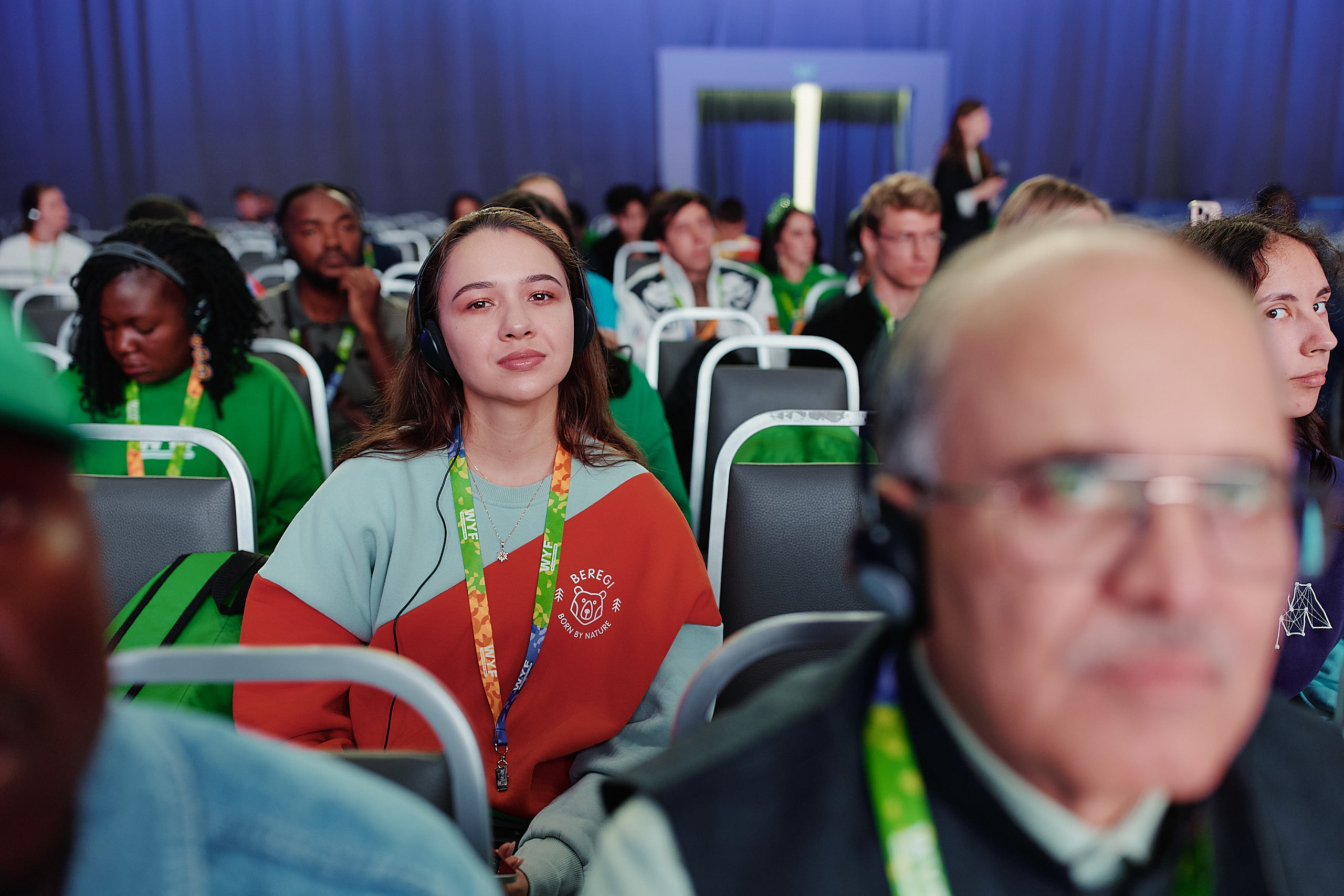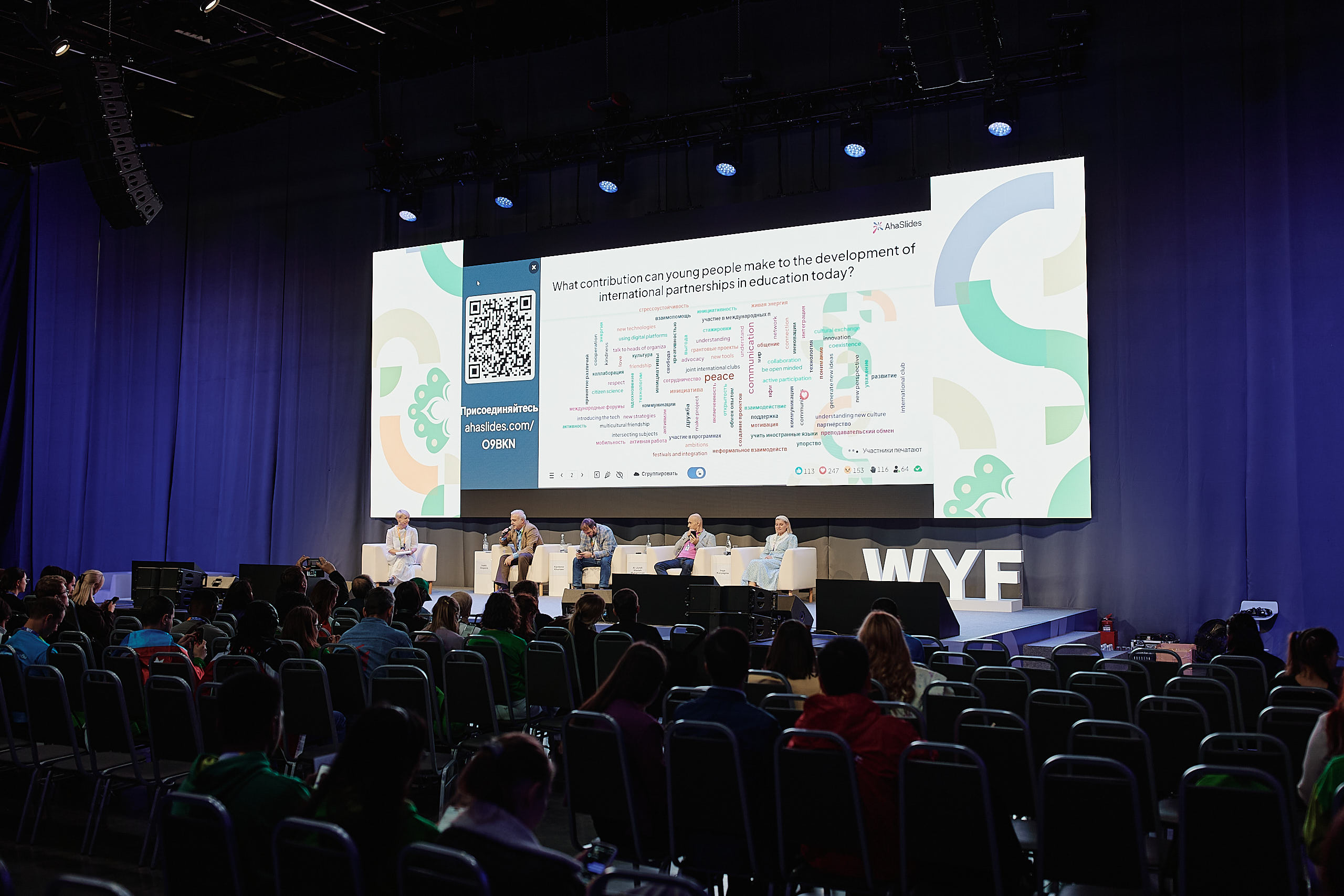Inga Koryagina at WYF Assembly’25: Building Bridges Between Russia and Africa Through Education

At the World Youth Forum (WYF) Assembly’25, Inga Koryagina delivered a powerful and insightful presentation emphasizing the transformative power of education as a bridge between Russia and Africa. Her address brought into focus the record-breaking growth in student participation, expanded quotas for African learners, and ambitious initiatives designed to strengthen long-term cooperation.
Dr. Inga Koryagina is a Ph.D. holder, Associate Professor, and Associate Professor of the Department of Marketing at Plekhanov Russian University of Economics. She also serves as Director for International Development of the Russian-African Club at Lomonosov Moscow State University.
With a distinguished academic background and extensive experience in international education, Koryagina has played a pivotal role in shaping Russia’s engagement with African institutions. Her work bridges academia, policy, and global collaboration, making her a leading advocate for student mobility, joint research, and cross-cultural exchange.
In her presentation, Koryagina highlighted one of the most significant achievements of the past year — a 2.5-fold increase in student participation. The number of students engaged in educational opportunities surged from approximately 12,000 to nearly 30,000, demonstrating Africa’s growing interest in Russian academic programs.
This remarkable rise was attributed to increased outreach efforts, strategic partnerships, and extensive media coverage in more than 15 African countries.
Koryagina also revealed that for the academic year 2025/26, Russia has allocated 4,816 state quotas, representing a 70-slot increase compared to the previous year. These quotas support undergraduate, postgraduate, and doctoral programs, in addition to preparatory faculties that equip international students for success in Russian universities.
This initiative is helping build a robust pipeline of African scholars across critical sectors such as engineering, medicine, IT, and the social sciences.
The talk further outlined efforts to expand collaboration through:
-
Joint research centers tackling shared global challenges
-
Corporate departments integrating industry expertise
-
Alumni associations for sustained graduate engagement
-
Double degree programs to enhance competitiveness
These measures aim to create a comprehensive cooperation system extending beyond traditional education.
Koryagina emphasized the strategic role of media in strengthening partnerships. Coverage has spanned West Africa (Ghana, Nigeria, Cameroon, Côte d’Ivoire, Togo), East Africa (Kenya, Tanzania, South Sudan, Ethiopia, Rwanda, Mauritius), Southern Africa (South Africa, Zimbabwe, Zambia), and North Africa (Tunisia).

Media activity focused on education quotas, student exchanges, graduate achievements, business summits, and cultural events — all of which have boosted trust and increased applications from African students.
Underlining the impact of these initiatives, Koryagina summarized the results:
-
2.5× growth in student participation
-
4,816 education quotas for 2025/26
-
Media coverage in 15+ African nations
Looking ahead, she stressed the importance of scaling up student mobility programs, fostering alumni networks, and launching more joint projects to sustain this momentum.

Closing her address, Koryagina reaffirmed the core message:
“Education is the best tool for building a strong bridge between Russia and Africa.”
Her presentation left attendees with a sense of optimism, envisioning a future where African graduates emerge as globally competitive leaders, empowered to contribute to development both at home and abroad.
